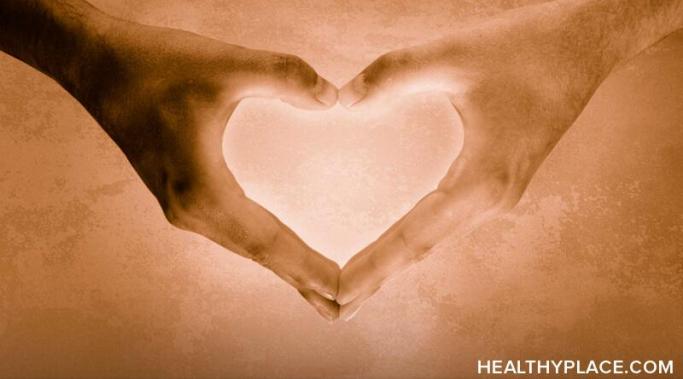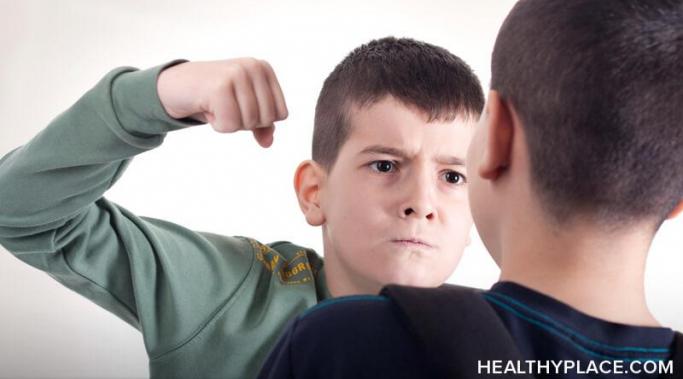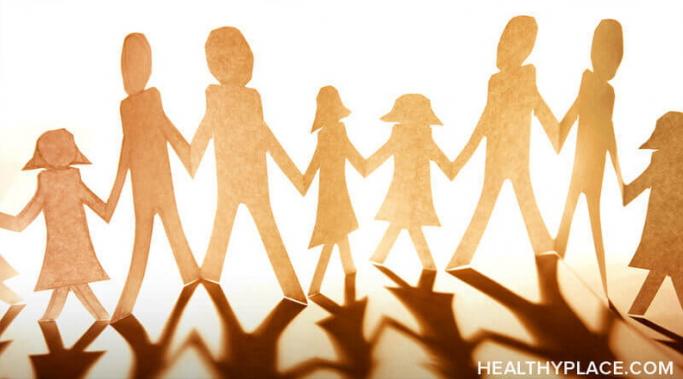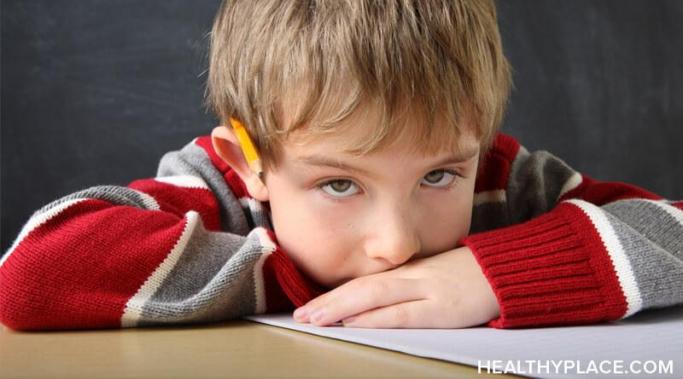There are mental health benefits of pets for children with mental illness. Pets can be great friends and teachers to children with attention-deficit/hyperactivity disorder (ADHD), disruptive mood dysregulation disorder (DMDD), or other mental health concerns. Plenty of research exists backing up the helpfulness of having animals in therapy, school, or at home. My son's mental health benefits from the animals in his life.
Life with Bob
Finding gratitude when you or your family member lives with mental illness can seem so hard. The holidays especially can feel like a real season of loss for families with mental illness. While “normal families” seem to celebrate all the traditions that film and commercials dictate, families with mental illness cannot take on such busyness and chaos without negative repercussions or a mental health relapse. But, rather than see our alternate celebrations as a loss, finding gratitude during the holidays helps us see the better side of mental health struggles.
My family experiences sibling abuse because my son has disruptive mood dysregulation disorder (DMDD). This means his emotional responses are violently out of proportion to the trigger. Worse, the trigger is often his sister. If he perceives her to get anything positive that he does not, Armageddon breaks out. I don't know how siblings without mental illness interact. All I know is that the fighting that goes along with sibling abuse is exhausting.
Medication compliance for people taking psychiatric drugs is notoriously hit and miss. Because of that, the Food and Drug Administration (FDA) recently approved a form of aripiprazole (Abilify) that digitally tracks medication compliance in patients with schizophrenia, some forms of bipolar, and some cases of depression according to Psychiatric Times.1 A digital sensor in the pill tracks when the medication is ingested by sending a digital tracking signal to an arm patch. Information can be provided to patients and might be shared with families and providers. While this may be the first such drug approved by the FDA, it will not be the last. So, the question for mentally ill patients and their families is this: Is this a wonderful, new medication compliance tool, or is it a potentially dangerous invasion of privacy?
It's common for children with attention-deficit/hyperactivity disorder (ADHD) to steal from family members and friends. Knowing ADHD is probably behind a child's stealing behavior doesn't make it less frustrating, of course, nor less scary. After all, outside our homes, stealing is illegal. Parents of children with mental illnesses already worry enough about our kids ending up in the legal system. It's important, then, to figure out what might be causing our children with ADHD to steal.
You can sometimes predict that a mental health setback will happen, but still, when it happens, a mental health setback seems to come out of nowhere. I got a call from school staff this morning saying that my son was disrupting the class. He had been out of his seat, kicking chairs, and refusing to do work. In the background of the call, I could hear his teacher attempting multiplication lessons while the paraprofessional explained quietly that my son was now on the floor, unmovable and unresponsive to everybody. He was no longer allowed on Friday's field trip. The staff put the phone to my son's ear so I could try to talk him, but he hung up on me instead. After months of doing amazingly well at school and home, this was definitely a mental health setback.
As a parent of a child with mental illness, there are many things I wish I could do. My child's attention-deficit/hyperactivity disorder (ADHD) behaviors, or my own anxiety, often get in the way. Parenting a child with mental illness is intense. I often feel like a snowball of anxiety rolling down a snowy mountain of anxiety towards an icy river of even more anxiety, and if I type "anxiety" one more time, you'll start to feel as anxious as I do. Because I am a parent of a child with mental illness, there are some things I just don't do.
Maintaining mental health over the holidays can be a real challenge for teens and young adults with mental illness. With 64% of mentally ill people finding holidays stressful, according to a study by the National Alliance on Mental Illness (NAMI), it is important to find ways to stay healthy during the holidays. So read on for holiday mental health tips.
At 18, when our mentally ill children are no longer minors, it is important to encourage them to waive their privacy rights through the Health Insurance Portability and Accountability Act (HIPAA) and allow parents to participate on their mental health team. To assure that adult children waive their privacy rights, parents need to develop a relationship of trust.
A child's mental illness diagnosis can take years to get right, especially when both disruptive mood dysregulation disorder (DMDD) and a childhood bipolar disorder diagnoses are possible. One diagnosis can look similar to another. It takes a skilled provider to tease it out and, let’s face it, as parents, we don’t always know if our providers are the skilled ones. It took three years to get to my son’s diagnosis of DMDD. Prior to that, they briefly considered childhood bipolar disorder. I still sometimes wonder if it’s not.









